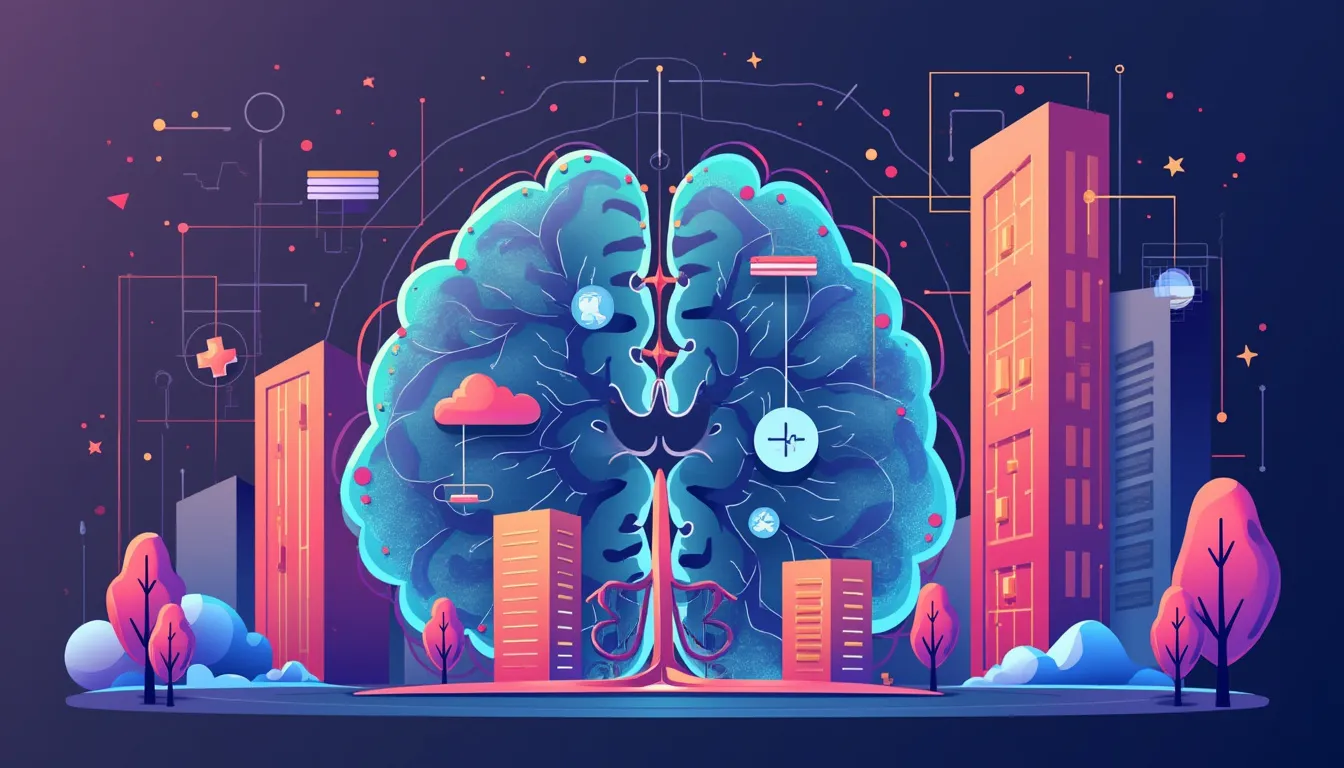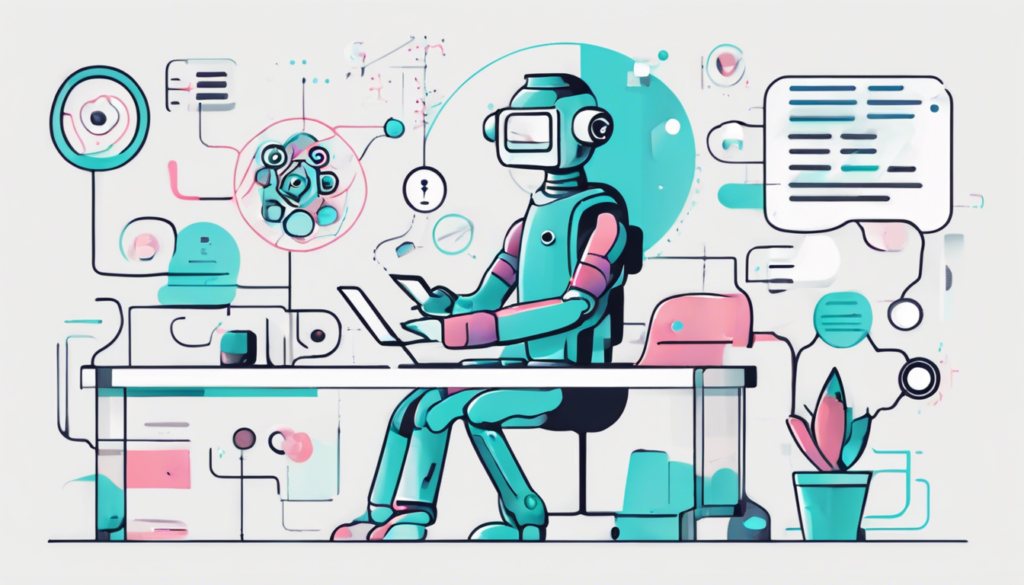In an effort to revolutionize the healthcare industry through technology, Microsoft recently unveiled several groundbreaking AI tools tailored for healthcare professionals. These tools, integrated into various Microsoft platforms, showcase the company’s commitment to enhancing healthcare efficiency, reducing clinician burnout, and promoting responsible AI practices.
Advancements in Data Integration and Analysis
One of the standout features of Microsoft’s announcement is the introduction of new healthcare AI models in Azure AI Studio. These models are capable of handling diverse data types, ranging from medical imaging and genomics to clinical records. By integrating these data points, healthcare providers can achieve more comprehensive insights crucial for patient care and research.
Further refining data management, Microsoft Fabric’s enhanced capabilities allow for the fusion of structured and unstructured data. This enhancement supports the assimilation of information from electronic health records (EHRs) among other sources, significantly improving data accessibility and usability. This development represents a substantial shift towards a more fluid and holistic view of patient health information.
Empowering Healthcare Providers with Custom AI Solutions
In a move to enable healthcare systems to tailor AI solutions to their specific needs, Microsoft has launched developer tools in Copilot Studio. These tools empower developers to create custom AI agents capable of addressing various operational challenges such as appointment scheduling, clinical trial matching, and patient triaging. The flexibility offered by these custom solutions promises to optimize clinical workflows and enhance healthcare delivery.
Nuance’s DAX Copilot, a voice-enabled tool, is another significant addition to Microsoft’s AI lineup, designed to seamlessly integrate into existing healthcare workflows. By automatically converting recorded patient visits into clinical notes and summaries, this tool remarkably reduces the time spent on manual documentation, thereby allowing healthcare providers to focus more on patient care.
Enhancing Nursing Workflows and Minimizing Burnout
Recognizing the critical role of nurses in healthcare, Microsoft is developing an AI-driven documentation tool explicitly aimed at easing the documentation burden for nurses. By leveraging ambient technology, this tool is designed to make the documentation process eyes-free and hands-free, thereby improving nursing efficiency and reducing the risk of burnout.
Microsoft’s collaboration with Epic Systems further exemplifies its commitment to enhancing nursing workflows. By incorporating AI into Epic’s EHR systems, the partnership aims to streamline processes and provide robust support to both physicians and nurses, helping to alleviate the extensive administrative demands that contribute significantly to clinician burnout.
Overall, Microsoft’s foray into healthcare AI tools marks a substantial step towards transforming healthcare operations. With a focus on responsible AI use and strategic collaborations, the company is poised to make significant contributions to the healthcare sector, fostering a future where technology and healthcare work hand in hand to improve patient outcomes and professional satisfaction. By empowering healthcare providers with these innovative solutions, Microsoft is setting a foundation for more efficient and equitable healthcare systems worldwide.




